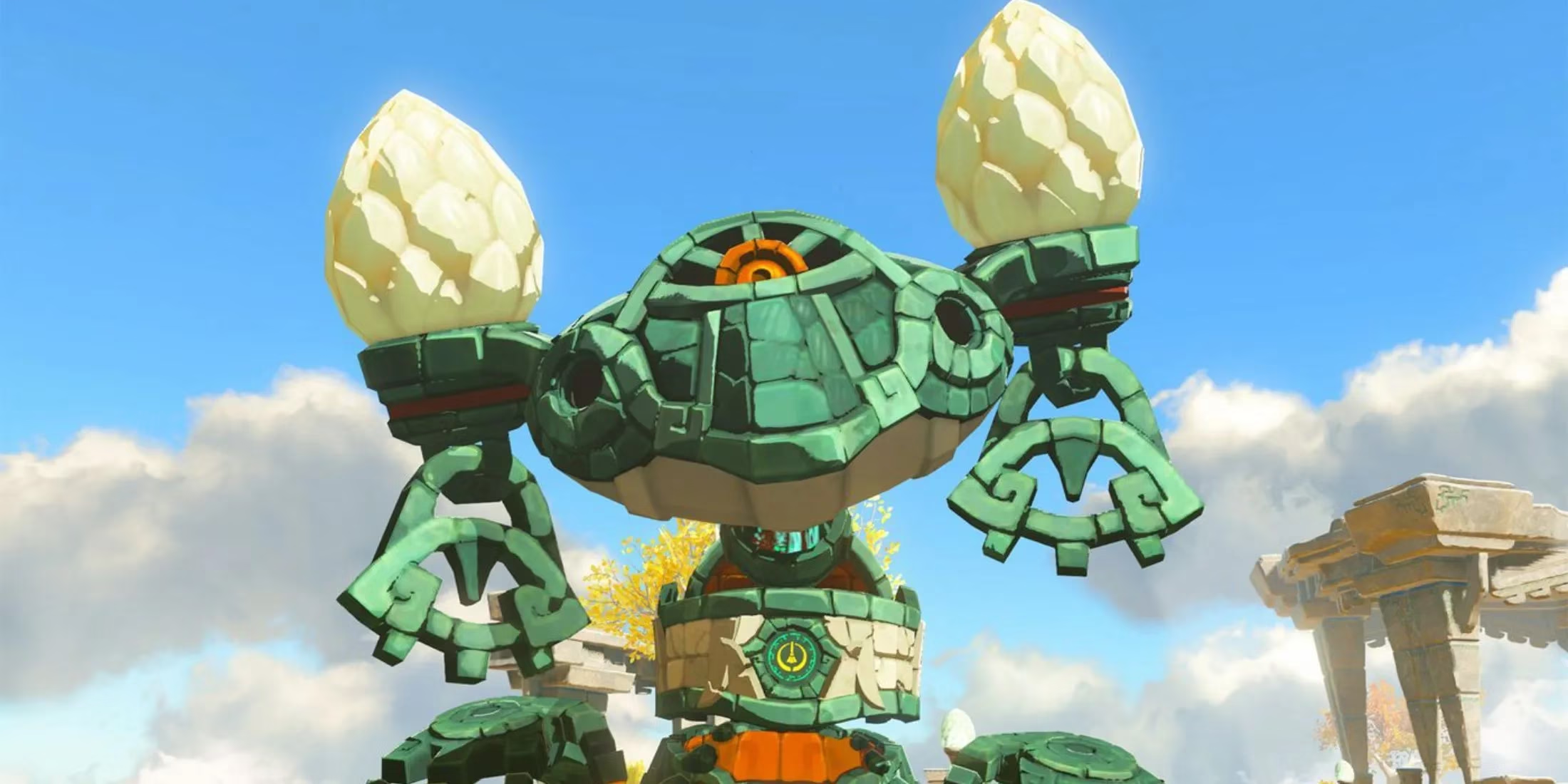As a lifelong Zelda fan who's been glued to my Nintendo Switch for years, I've journeyed from the heights of Breath of the Wild to the nostalgia of Echoes of Wisdom, and everything in between. 😊 Playing these games feels like flipping through a magical storybook, where each title carves its own unique chapter in Hyrule's ever-expanding lore. But what's really blown my mind lately is how Skyward Sword HD and Tears of the Kingdom bookend the entire Zelda timeline in such a bizarrely cool way. It's not just about slashing Bokoblins or solving puzzles—it's about diving into a paradox where the beginning and end of time clash with ancient tech, making me rethink everything I thought I knew about this franchise. 🤯 From Breath of the Wild's open-world revolution to Tears of the Kingdom's deep dive into Zonai mysteries, the Switch era has been a wild ride, and I'm here to unpack why this timeline twist is both confusing and utterly captivating.
Now, let's rewind to Skyward Sword HD, which I replayed last year. This game is pitched as the absolute origin story of Zelda lore—the dawn where Link, Zelda, and Ganondorf's eternal struggle begins. Playing it on Switch felt like stepping into a pristine, floating world above the clouds. But here's the kicker: amidst all that medieval charm, you stumble upon Lanayru Desert's ancient machinery. 🤖 Time-shifting mechanics reveal an advanced civilization with robots and tech that predates everything else in the series. I mean, how does that fit when it's supposed to be the starting point? It's like finding an iPhone in the Stone Age! Nintendo nailed it with the Sandship dungeon—it's quirky, fun, and totally messes with your head. Here's a quick table comparing key aspects of Skyward Sword HD based on my playthrough:
| Feature | Description | My Take |
|---|---|---|
| Timeline Position | Earliest point, prequel to all games | Feels foundational but... ancient tech? 🤔 |
| Key Tech | Lanayru Desert time-shifting, Sandship | Adds depth but creates paradoxes—why so advanced? |
| Story Focus | Hylia vs. Demise origins | Epic setup, yet those robots steal the show |
Fast-forward to Tears of the Kingdom, which I've sunk hundreds of hours into since its release. This game positions itself as the far, distant future of the Zelda timeline—beyond all other entries, nestled in that nebulous "Era of Myth." Exploring Hyrule with Ultrahand abilities and uncovering Zonai ruins felt revolutionary, almost like sci-fi meeting fantasy. But wait, those flashbacks to the Imprisoning War era? They hint at civilizations even older than the game's own past! 😮 It's a layer cake of history that predates itself. I remember getting lost in the Depths, marveling at how Nintendo wove this tech-heavy narrative while keeping the action fresh.  Seeing this visual always reminds me of the odd symmetry—Skyward Sword's floating islands vs. Tears of the Kingdom's sky-high ruins. Both scream "ancient," yet they're poles apart in time.
Seeing this visual always reminds me of the odd symmetry—Skyward Sword's floating islands vs. Tears of the Kingdom's sky-high ruins. Both scream "ancient," yet they're poles apart in time.
This technological obsession isn't new—think Hephaestus from Greek myths—but in Zelda, it creates a hilarious conundrum. Skyward Sword and Tears of the Kingdom both claim to be the timeline's bookends: one the alpha, the other the omega. Yet, they're obsessed with unearthing histories that make them seem... well, not so ancient after all. 🕰️ It's not a flaw, though—it's genius game design that keeps us hooked. For instance:
-
Paradox Play: In Skyward Sword, the time-shifting in Lanayru felt like a puzzle within a puzzle, adding whimsy to the seriousness.
-
Chronological Humor: Tears of the Kingdom's Zonai tech echoes Skyward Sword's themes, making me laugh at how Nintendo loops the loop.
-
Fan Theories Galore: Echoes of Wisdom, with its throwbacks, only amplifies this—why can't timelines just stay put?
Honestly, this whole saga has me pondering deeper questions. Does the Zelda timeline even matter, or is it all about the journey? 🤔 With the upcoming Hyrule Warriors spin-off delving into Tears of the Kingdom's Imprisoning War, it's clear Nintendo loves muddying the waters for fun. Maybe time in Hyrule is meant to be fluid, a river flowing backward and forward. Or perhaps it's a reminder that in gaming, as in life, origins and endings are illusions—what truly counts is the adventure in between. Where does Echoes of Wisdom fit in this chaotic chronology? Only time will tell, but one thing's for sure: this paradox keeps the magic alive.